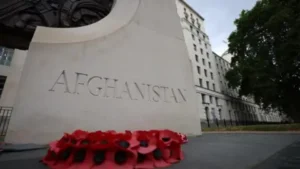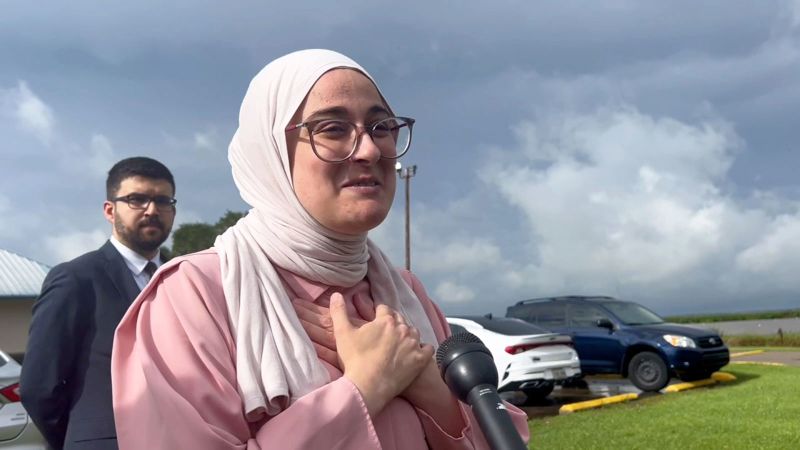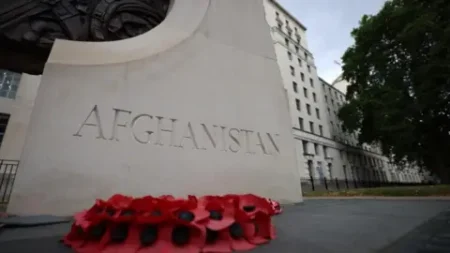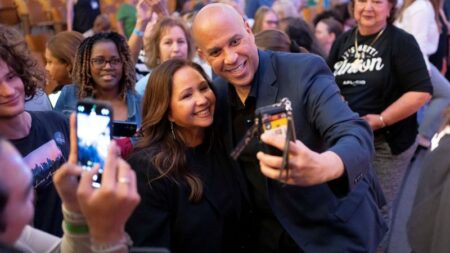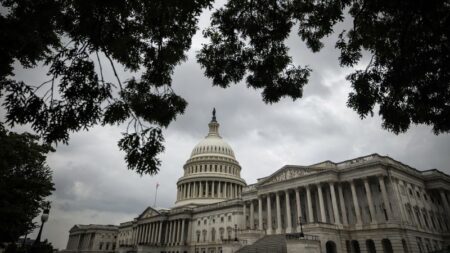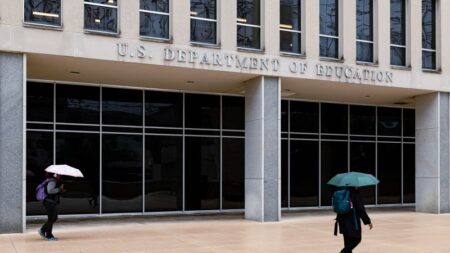The ongoing trial in Boston has brought to light a startling shift in the priorities and operations of the Department of Homeland Security (DHS), specifically under the Trump administration. Federal agents typically focused on narcotics and financial crimes were directed to prioritize the arrest of a university student with no prior criminal record. This became evident during the testimony of an agent from Homeland Security Investigations (HSI), who revealed that he was instructed not to inform the young woman that her visa had been revoked. This approach underscores a significant alteration in enforcement policies that critics argue is intended to suppress dissenting voices within academic circles.
Agent Patrick Cunningham, who testified in court, shared details surrounding the arrest of Rümeysa Öztürk, a doctoral student at Tufts University. Cunningham recounted how Öztürk was approached by law enforcement near her home in Somerville, Massachusetts. In vivid footage of the incident, officers can be seen confronting her in a manner that has raised questions about the application of enforcement tactics aimed at individuals based on their political views. Öztürk had previously authored an op-ed expressing anti-Israel sentiments, which Cunningham indicated had been shared by the State Department with HSI – a unique engagement he noted had not been commonplace in prior cases.
This trial has unveiled a disturbing aspect of governmental operations, particularly how the State Department has assumed a role in influencing immigration actions by targeting specific individuals based on their political beliefs. Critics assert that these actions exemplify ideological deportation policies meant to stifle free speech, particularly among pro-Palestinian advocates. The prosecution alleges that the coordinated effort to revoke visas and facilitate deportations is a method of undermining academic freedom and political discourse in universities.
Cunningham’s testimony further revealed that when he received the directive to arrest Öztürk, he sought legal verification from DHS lawyers to ensure the arrest was grounded in law. This acknowledgment of uncertainty indicates a level of complexity in implementing immigration enforcement that is not typically found in traditional law enforcement operations. Additionally, he disclosed that it was a deliberate decision not to inform Öztürk of her visa situation prior to the arrest. The lack of transparency in these proceedings raises ethical questions about the treatment of individuals whose rights may have been compromised.
The case of Mahmoud Khalil, a Columbia University graduate student, was also highlighted during the proceedings. High-ranking agent Darren McCormack testified that he was instructed by DHS officials to surveil Khalil based on a similar interest from the administration, pointing to an overarching agenda targeting individuals due to their potential dissent. Following the same pattern, he too experienced a change in immigration status communicated by the State Department. Khalil was detained for over 100 days before his eventual release, and his case has now formed the basis for a substantial legal claim against the Trump administration.
The case of Badar Khan Suri, a scholar from Georgetown University, was presented as yet another example. Suri’s arrest was reportedly anticipated as his immigration status was set to change under the direction of DHS leadership. In all these instances, federal judges mandated the release of these students as their immigration cases move forward, suggesting systemic issues within the enforcement of immigration policies.
Testimonies also emphasized the tactics used during the arrests, including the agents’ decision to conceal their identities through the use of masks, indicating a growing culture of discretion and secrecy in law enforcement procedures. Agents revealed that while no formal policy dictates the wear of masks, the choice appears sparked by concerns for safety amid the rise of social media and public scrutiny. The use of unmarked vehicles and unofficial uniforms by HSI agents further casts a shadow on the transparency and accountability of immigration enforcement practices.
In conclusion, the trial highlights the intersection of politics, law enforcement, and academic freedom. The actions taken against Öztürk, Khalil, and Suri signal a concerning trend where political dissidence is met with legal repercussions rather than dialogue. These developments invite broader discussions on the balance between national security and the protection of civil liberties, particularly on university campuses where diversity of thought should be encouraged and celebrated.

